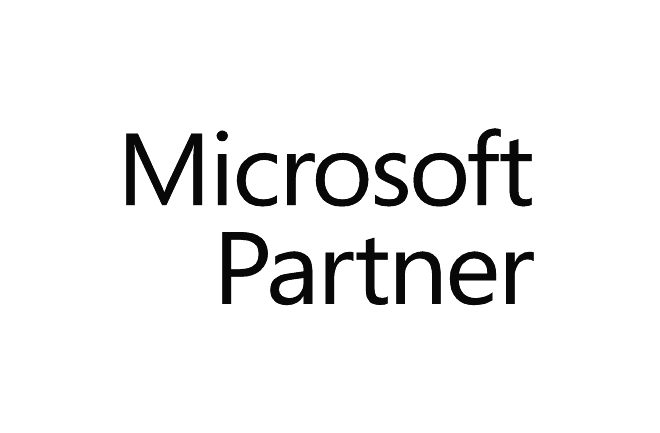Course outline
Duration : 5 days
| ||
The Microsoft Power Platform helps organizations optimize their operations by simplifying, automating and transforming business tasks and processes. In this course, students will learn how to build Power Apps, Automate Flows and extend the platform to complete business requirements and solve complex business problems. | |
Audience | Candidates for this course design, develop, secure, and troubleshoot Power Platform solutions. Candidates implement components of a solution that include application enhancements, custom user experience, system integrations, data conversions, custom process automation, and custom visualizations. Candidates will gain applied knowledge of Power Platform services, including in-depth understanding of capabilities, boundaries, and constraints. Candidates should have development experience that includes JavaScript, JSON, TypeScript, C#, HTML, .NET, Microsoft Azure, Microsoft 365, RESTful Web Services, ASP.NET, and Power BI. |
Prerequisites |
|
Objectives |
|
Teaching method | Instructor-led training |
Contents | Module 1: Create a model-driven application in Power AppsThis module introduces you to creating a model-driven app in Power Apps that uses Common Data Service. Lessons
Module 2: Create a canvas app in Power AppsThis module introduces you to Power Apps, helps you create and customize an app, and then manage and distribute it. It will also show you how to provide the best app navigation, and build the best UI using themes, icons, images, personalization, different form factors, and controls. Lessons
Module 3: Master advance techniques and data options in canvas appsThis module will help you use advanced formulas, perform custom updates, performance checks and testing. It will also help you to improve user's experience, use custom connectors and focus on working with data source limits. Lessons
Module 4: Automate a business process using Power AutomateThis module introduces you to Power Automate, teaches you how to build workflows, and how to administer flows. Lessons
Module 5: Introduction to developing with Power PlatformThis module is the first step in learning about platform, tools, and the ecosystem of the Power Platform Lessons
Module 6: Extending the Power Platform Common Data ServiceThis module looks at the tools and resources needed for extending the Power Platform. We'll start with looking at the SDKs, the extensibility model, and event framework. This learning path also covers when to use plug-ins. Configuration of plug-ins as well as registering and deploying plug-ins. Lessons
Module 7: Extending the Power Platform user experience Model Driven appsThis module describes how to create client scripting, perform common actions with client script, and automate business process flow with client scrip. Learn about what client script can do, rules, and maintaining scripts. Discover when to use client script as well as when not to use client script. Lessons
Module 8: Create components with Power Apps Component FrameworkThis module describes how to get started with Power Apps Component Framework with an introductory module on the core concepts and components. Then it shows you how to build a component and work with advanced Power Apps Component Framework features. Lessons
Module 9: Extend Power Apps portalsThis module describes how to transform a content portal into a full web app interacting with Common Data Service. We will also cover the options available to customizers and developers to extend the portal functionality and integrate with Office 365, Power Platform, and Azure components. Lessons
Module 10: Integrate with Power Platform and Common Data ServiceThis module describes how to integrate with Common Data Service using code by learning about Common Data Service API. Get an in-depth overview of options available with Common Data Service to integrate data and events to Azure. Lessons
|


